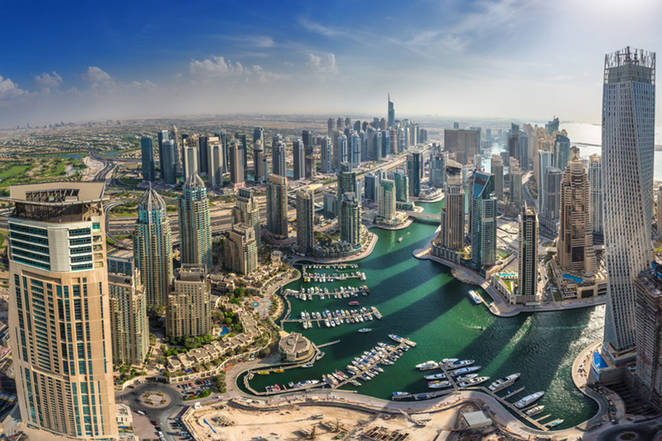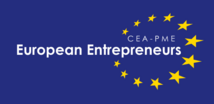Our newest Eurojuris member has settled in the Persian Gulf and successfully juggles with the cultural differences between the Western and Arab worlds.
United Arab Emirates and its two legendary cities, Abu Dhabi and Dubai, are attracting a growing number of entrepreneurs and investors. And also a Eurojuris lawyer, Dutch-born Wilem Smit. 'I had my own lawfirm in the Netherlands', he says, 'and I wanted something new. An old colleague of mine was living here so I visited him five years ago'. Wilem already had clients in this growing country and quickly found his place. 'Dubai is the most Westernised city in the Middle east, I think more than eighty percent of its residents are actually expatriates, many English, Russian, and other Europeans. It is not so different a world as one would imagine'.
Wilem also found similarities in the legal system. 'UAE is a civil law country like most of mainland Europe'. However, there is a big discrepancy: non-UAE lawyers are banned from working in courts. 'I regret this because I did a lot of court work back in the Netherlands and I love it, but it is not possible here, if only because you would need a high mastery of the Arabic language. So us expatriate lawyers in UAE mostly do advisory practice.'
According to Wilem, there is also a system of fairly recent courts, similar to arbitrary institutions, that work solely in the financial district. 'They are like a common law island in a civil law country', explains Wilem, 'they were created a decade ago and their judges are from London, Singapore... So you can work in English with them. But you have to include them in business contracts if you want to be able to use them, so as a legal advisor I always make sure it is the case.'
However, working in UAE Wilem has also observed a lot of peculiarities. 'When someone asks me if they should settle in Dubai, I tell them to come three separate times before they make their decision. Because the first time, they will feel like they are coming to the United States: big towers, huge ads. The second time they will start to see through that and to realise this is a country of Arabic culture. And the third time they will see the whole picture and make a proper decision. Although it is very Westernised, UAE can still provoke culture shock. As an example: we are just out of the month of Ramadan, which is the most sacred time of the year for Muslim people. During this period, activities are very low, people are allowed to leave their work at midday, and because they cannot eat or drink during the day, people are not at the top of their productivity. And you have to respect that; it would be like asking for someone in the West to work overnight on Christmas Eve. So you must take these cultural differences into account.'
For Wilem, at least, the expatriation proved successful. The first Eurojuris member to settle in the UAE, he has shown great enthusiasm for the network. 'I think it is important to think globally and act locally', he says, 'so the spirit of the Eurojuris network is perfect for me'.


